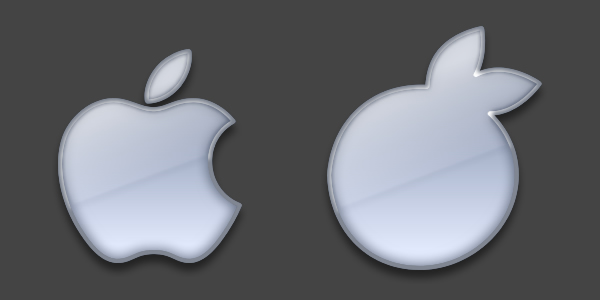What’s the Difference Between Mobile Web Apps and Native Mobile Apps?
When deciding on how to build an application for mobile devices, there are two main directions you can go; you can use a native application or a mobile web application. Some companies, such as Twitter, are able to maintain both a native app and a mobile web app, but Twitter is a huge company that, unlike many of us, does not have to worry about constraints on budgets and resources. Therefore, it is a good idea to choose one type of app to start with.

The first type of application, the native app, is designed for certain mobile devices such as smartphones, tablets, etc. This app is directly installed onto the particular device usually through the device’s online marketplace or store. Examples of these are the Apple App Store and Android Apps on Google Play.
The second type of application is the mobile web app. A mobile web app is an internet-enabled application that has a specific use for mobile devices. Instead of using a native app from the home screen of a phone or tablet, the user accesses the mobile web app through the mobile device’s web browser. The mobile web app, unlike the native app, does not need to be downloaded to the device. For example, when someone opens up a mobile web app on an iPhone, they would open up Safari, then type in Twitter in the web browser, as opposed to going to the Apple App Store and downloading the Twitter application.
Even though they are relatively similar in their appearance, these two applications have several differences you should be aware of.
Native apps can interact with the device’s native features, information, and hardware such as the camera on the phone or the portrait and landscape settings. The mobile web app, however, has a harder time doing this since it can only access a limited amount of the mobile device’s native features. The native app has to be manually downloaded from the mobile device’s store while the mobile web app can be accessed through the device’s browser without needing to download any software. Native apps run as a standalone application; once it’s downloaded you do not need a browser to use it. Mobile web apps require a browser to be accessed. It’s also important to remember that it will be a little harder for potential customers to find a mobile web app than a native app since it’s basically like browsing the internet; they will have to manually find your app. Native apps are located in an online store or marketplace that will help the user find your app. Along with this, since native apps have to be downloaded and updated, you will have users running different versions of your app, while on the mobile web app everyone will be on the same version all the time since it is run from the browser.
It is important to note that the mobile web app is a more cost efficient solution because it doesn’t live on the mobile device. It lives on the internet so it works across all mobile devices and operating systems. Also, as mentioned before, the mobile web app is limited to what it can access of the mobile device’s features, but its ability to access these features is growing. As of right now it can access location based information, GPS, SMS functions, call functions, email functions, and keyboard functions.
When choosing which application to use, you want to remember what your business objectives are, who your target audience is, and the technical requirements of both applications and whether you are able to support them. Remember, it is possible to use both if you have the right budget and resources. But for a majority of businesses, prioritizing which app to use first is a great place to start.





